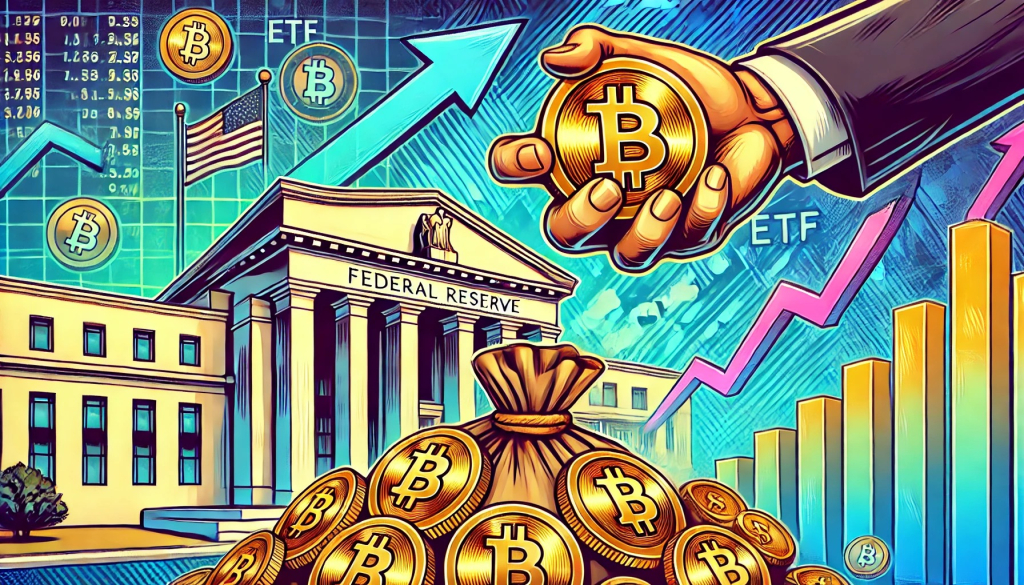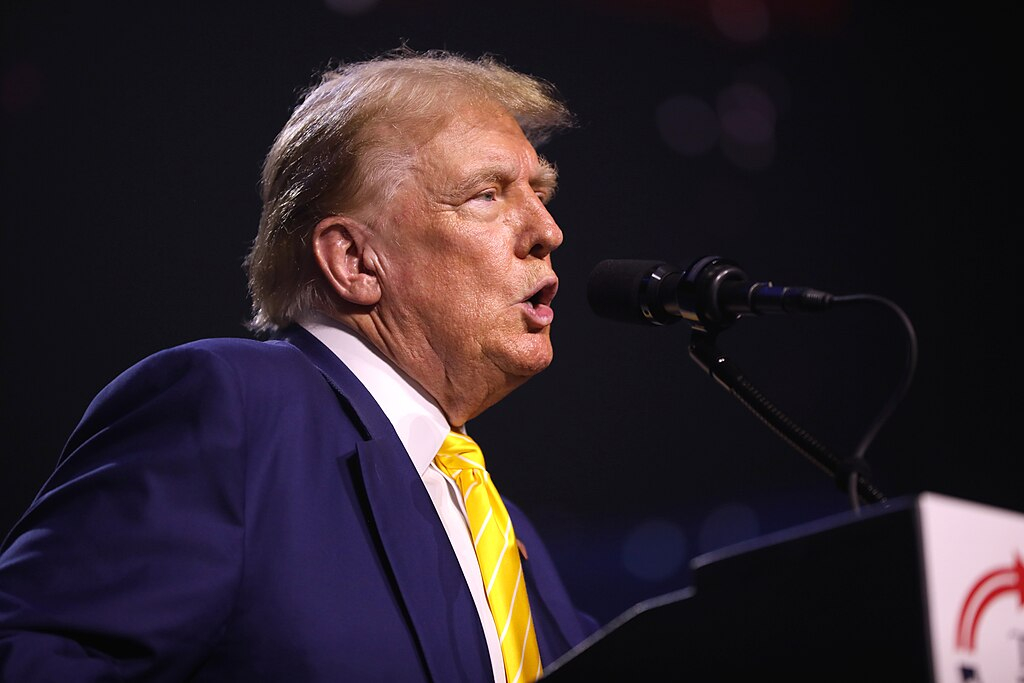Bitcoin’s resilience during recent market turmoil is prompting public companies to reconsider its role in corporate treasury strategies, according to Bloomberg Intelligence strategists Lu Yeung and Breanne Dougherty. Once closely correlated with U.S. equities, Bitcoin has shown signs of decoupling since “Liberation Day,” with volatility now lower than major stock indices.
Strategists suggest this performance amid U.S. tariff disruptions may renew interest in Bitcoin as a potential hedge against the weakening dollar. David Lawant, head of research at FalconX, noted that Bitcoin may not be fully independent yet, but it’s no longer amplifying equity risks — a signal that investors are starting to recognize.
Further boosting sentiment, spot Bitcoin ETFs recorded their largest single-day inflows since January’s all-time high. On April 22, Bitcoin ETFs attracted $912.7 million in inflows, with Ark 21Shares leading at $267.1 million, followed by Fidelity at $253.8 million, and BlackRock’s IBIT at $193.5 million. These inflows signal strong institutional confidence in Bitcoin despite macroeconomic uncertainty.
Meanwhile, Ripple continues to make moves in the stablecoin space. On April 23, Ripple burned 12 million Ripple USD (RLUSD) tokens, followed by a re-mint of the same amount at its treasury. RLUSD’s market cap now approaches $300 million, and Ripple aims to push it into the top five stablecoins by year-end. Currently, RLUSD trades on Bitstamp, Kraken, and Bullish.
The combination of Bitcoin’s reduced volatility, renewed institutional demand, and shifting corporate sentiment underscores its evolving role in global finance — not only as a speculative asset but increasingly as a strategic treasury reserve in uncertain economic times.

























Comment 0